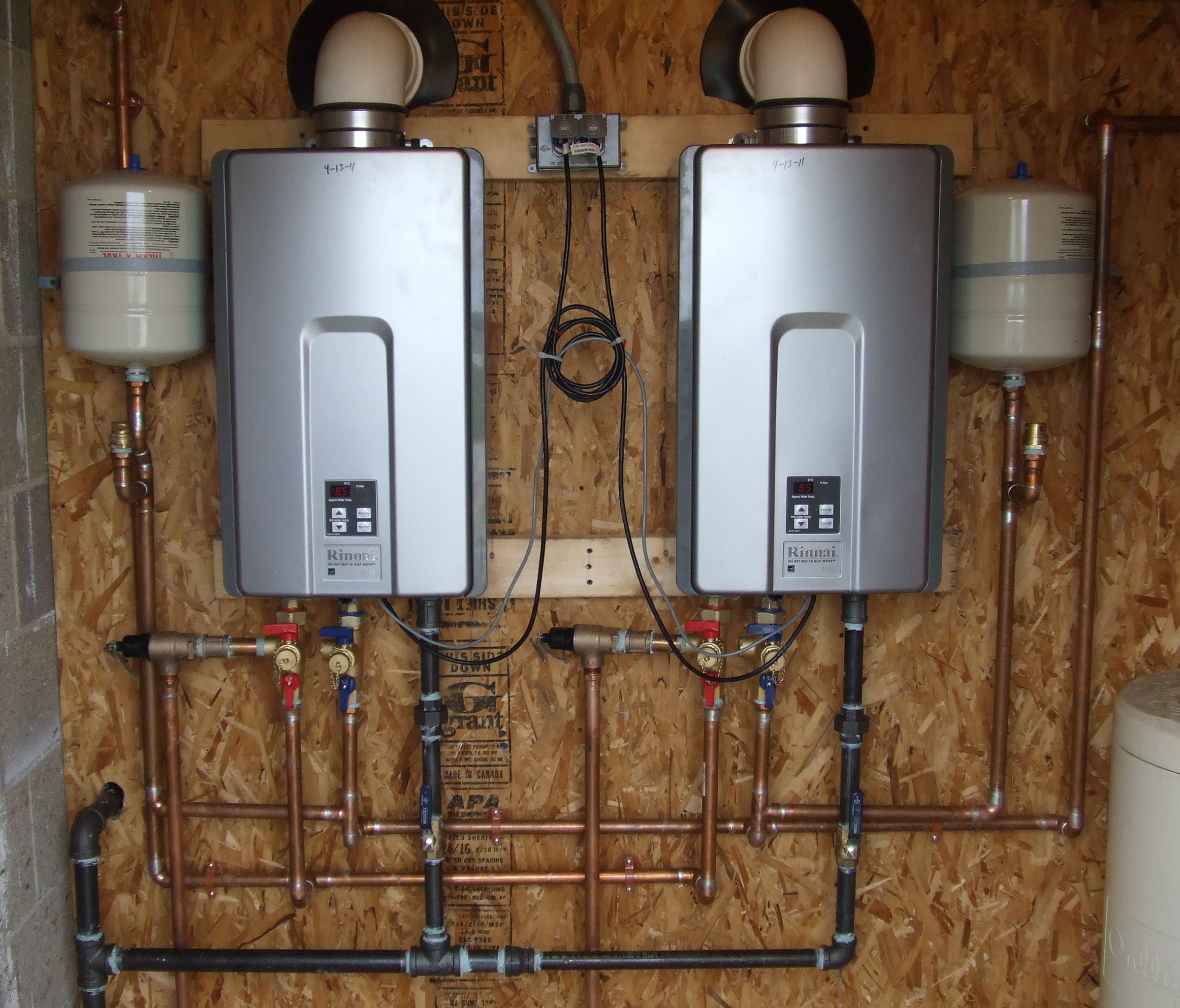Discover 10 Practical Energy-Saving Tips to Lower Home Electricity and Gas Usage in 2025
Did you know small changes at home can significantly reduce your overall energy consumption? This article explores ten effective and easy ways to manage electricity and gas use, helping you understand practical steps to enhance efficiency and reduce unnecessary waste.

Prioritize Sealing Drafts Around Your Home
A key method to boost heating and cooling efficiency is sealing drafts in your home. Gaps around windows, doors, and other openings allow warm or cool air to escape, forcing your heating or cooling systems to operate harder.
- Apply weatherstripping and caulk to close leaks around window frames and door edges.
- Consider professional draft proofing or use DIY kits yourself to minimize heat loss.
- Sealing drafts can help lower energy expenses by enhancing your home’s insulation and minimizing inefficiencies.
Use a Programmable Thermostat to Manage Heating and Cooling
Adjusting your thermostat settings can help optimize energy use effectively:
- Reduce your thermostat by 7 to 10 degrees Fahrenheit for 8 hours daily, especially at night or when nobody is home.
- Programmable thermostats change the temperature automatically based on your schedule.
- Modern smart thermostats let you control settings remotely via smartphone, simplifying adjustments.
- This method can help decrease annual heating and cooling energy consumption.
Turn Off and Unplug Appliances When Not in Use
Appliances and electronic devices left on standby continue to draw electricity, often called “phantom” or “ghost” energy use.
- Switch off devices at the wall instead of leaving them in standby mode.
- Unplug chargers, televisions, computers, and other electronics when idle.
- Utilize power strips with on/off switches (standby savers) to control numerous devices easily.
- These habits help prevent unnecessary electricity use at no additional cost.
Reduce Water Heating Costs with Efficient Use and Insulation
Water heating makes up a large share of household energy use.
- Set your water heater’s thermostat to about 120°F (49°C), balancing comfort and efficiency.
- Insulate your water heater tank and pipes to cut heat loss.
- Limit shower duration to about four minutes to conserve energy and water.
- Repair dripping taps promptly to stop wasting hot water and energy.
- These actions can aid in decreasing energy used for hot water.
Optimize Laundry and Dishwashing Habits
Household chores can be more energy-efficient by changing certain habits:
- Operate washing machines and dishwashers only with full loads.
- Choose lower temperature settings for laundry to save heating energy.
- Reduce how often dishwasher cycles run when feasible.
- Air dry garments instead of using a tumble dryer to save electricity.
- These modifications may assist in lowering energy used for laundry and dishwashing.
Switch to Energy-Efficient Lighting and Appliances
Lighting and appliances consume a portion of your electricity but can be optimized:
- Replace incandescent bulbs with LED bulbs, which are more energy-efficient and longer-lasting.
- Turn off lights when rooms are empty.
- Select Energy Star® certified appliances, designed with greater energy efficiency.
- Transitioning to efficient bulbs and appliances supports reduced electricity use.
Avoid Overfilling Electric Kettles and Use Water-Saving Devices
Small behavior changes can save energy and water:
- Boil only the necessary amount of water in electric kettles.
- Fit aerators on kitchen and bathroom taps to decrease water flow without compromising performance.
- Efficient water use helps reduce the energy needed to heat water.
Increase Home Insulation for Improved Efficiency
Good insulation maintains indoor temperatures, lowering heating and cooling demands:
- Add or upgrade insulation in your attic, walls, and floors to boost resistance to heat transfer.
- Use higher quality and thicker insulation materials when enhancing.
- Proper insulation can help reduce energy consumption on heating and cooling over time.
Conduct Regular Maintenance on Heating, Ventilation, and Water Systems
Well-maintained systems operate more efficiently and consume less energy:
- Change furnace and HVAC filters regularly to improve airflow.
- Consider replacing water heaters older than 10 years with newer, energy-efficient models.
- Choose high-efficiency furnaces with superior fuel utilization.
- Schedule yearly maintenance for heating and cooling systems to maintain efficiency.
Take Advantage of Utility Company Programs and Rebates
Many utility companies provide incentives for energy-efficient home upgrades:
- Seek rebates on energy-efficient furnaces, water heaters, insulation, and appliances.
- Explore home energy audit programs available through your energy provider.
- Energy-efficient home improvements often qualify for financial incentives to reduce upfront expenses.
- These programs can support your efforts to enhance home efficiency.
Conclusion
Implementing these energy-saving tips in 2025 can help households manage electricity and gas consumption more effectively. Behavioral adjustments, home upgrades, routine maintenance, and utilizing utility incentives together support reducing energy use. These actions promote responsible energy practices and may encourage a more sustainable lifestyle.
Sources
- Energy Saving Trust: Quick Tips to Save Energy
- Iowa Utilities Board: How Do I Reduce Energy Costs?
- EDF Energy: Energy-Saving Tips to Help Reduce Your Energy Bills at Home
Disclaimer: All content, including text, graphics, images and information, contained on or available through this web site is for general information purposes only. The information and materials contained in these pages and the terms, conditions and descriptions that appear, are subject to change without notice.




